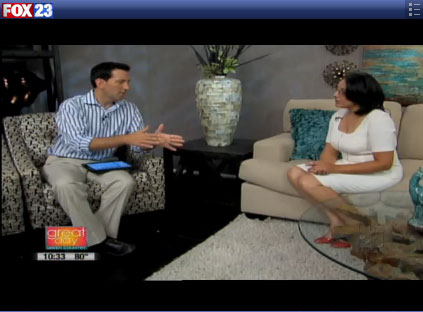
You are invited to forget everything you know, well, everything you think you know about how we learn to read. Traditionally all of us learned the alphabet, letter sounds, words, word meaning and understanding of what we read from our early elementary teachers and family. We learn to speak by observing others. We learned to walk from determination and curiosity. Reading is not a natural skill. We are taught to read. Solid, basic reading skills open us up to exploration of the world beyond our immediate neighborhood. But, what if, a part of our brain does not work. Think of it as turning on the light switch as you enter your home, yet the light does not illuminate because the electrical circuit was never installed when the house was built. Yes, we learn to read in school or from our family, but only if our brain is not fully developed to unravel the confusing phonic rules, shapes of letters and meaning of what we read?
Dyslexia is caused by or when the language processing centers of the brain are not working. This occurs in utero development. Without the language processing centers fully developed it is a struggle for 1:5 of us to put letter sounds together to make a word, string words together to make a sentence, remember what the sentence said, write, spell or make sense of our entire world as it is traditionally taught in school. In my experience public schools offer reading programs to assist those struggling with reading. These programs are typically phonic based. For those with dyslexia the progress is minimal and not long-lasting. The outcome typically leaves parents befuddled as to where to turn for help and the child's self-esteem crushed. Meanwhile, the same failed remedial reading programs continued to be taught with the expectation of change due to lack of knowledge that the foundation has not been built.
Consider, a different approach. What if all the skills required for reading were addressed by professionals who were experts in those areas. What if all these professionals sat down at one table to compare test findings? What if over time new pathways in the brain were developed? What if with these new brain pathways or the reading programs, provided by our schools, were effective? What if this was already at our fingertips? What if?
The main components of reading comprehension are auditory and visual memory. Understanding the difference between letters is visual perception. Understanding how to write the letters is visual perception and visual motor (hand-eye coordination). These are functions of the brain that, when not fully developed lead to dyslexia. Speech language pathologist have expertise to address visual and auditory memory skills. Occupational therapists have expertise to address visual-motor integration and visual perceptual skills. Teachers have expertise to teach reading, and are successful, once the basic cognitive skills are strengthened. What I just described for you is a model that is available for all children within our current public school system. Federal law, mandates all public schools provide speech and/or occupational therapy for children who show a need. However, when it comes to reading, speech and occupational therapy are not consulted. What if reading difficulties for students with dyslexia were addressed by a team of professionals? How would the outcome for your child be different? Let's have that very conversation. We can help.



